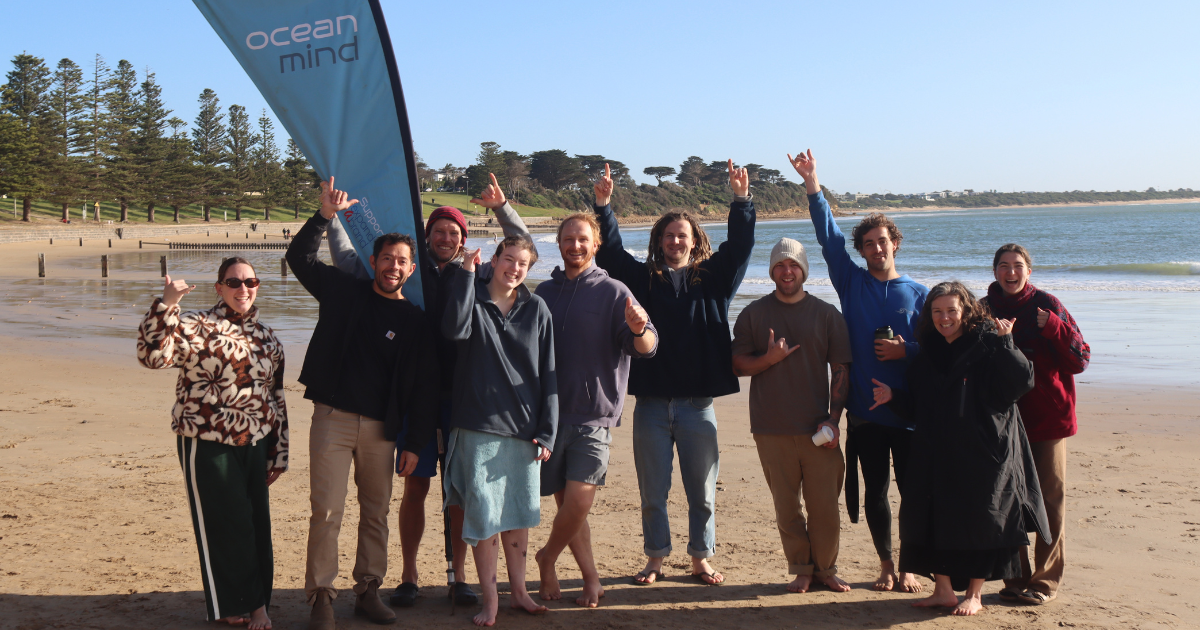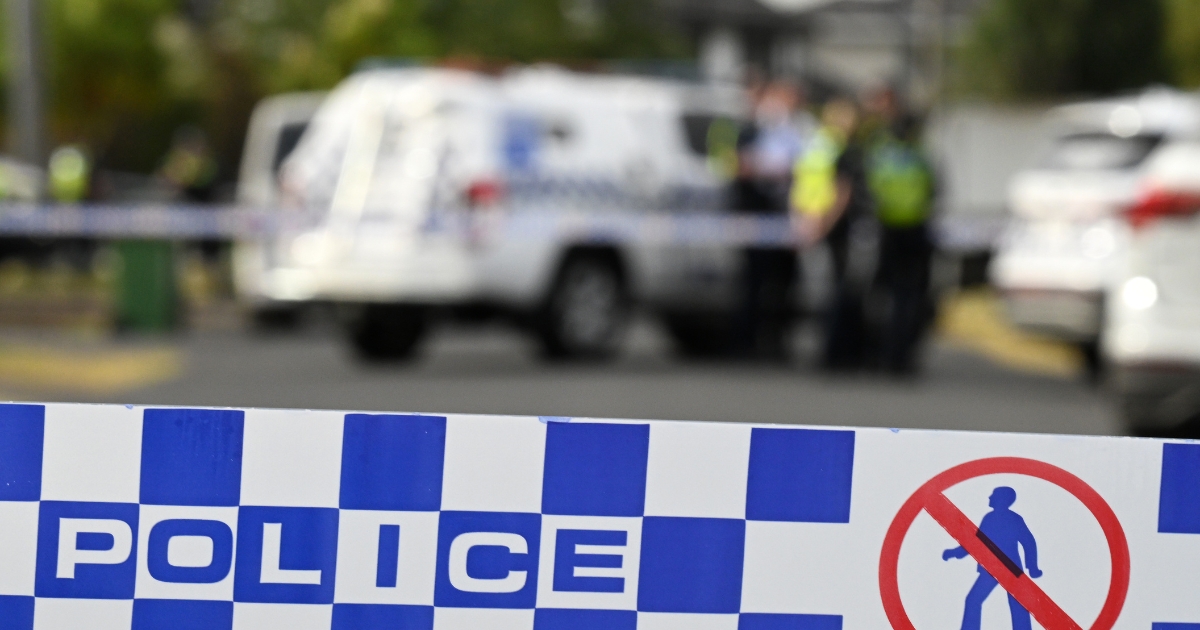Ross River Virus management underway

Treatment along Anglesea River has been deemed a success following Ross River being detected in the area late last year.
DESPITE Ross River being detected in the township, the Surf Coast Shire says effective mosquito management has helped tackle the issue in Anglesea.
Last year an advisory was issued following the detection of Ross River combined with a surge in cases across the Greater Geelong and Surf Coast regions.
Deputy Chief Health Officer (Communicable Diseases), Dr Annaliese van Diemen, said the virus had been detected among mosquitos located at Anglesea River.
The alert follows as DHHS received confirmation from the shire’s mosquito monitoring program, which found RRV present at one of the five sites sampled along the river.
General Manager Environment and Development, Ransce Salan, said council completed extensive treatments at known mosquito breeding habitats between November 30 and December 16.
“Council has also completed three rounds of mosquito trapping, where the mosquitoes are sent to a laboratory, counted, species identified and screened for viruses including Ross River Virus,” he said.
“This information is being captured by DHHS and is being used to get a better understanding of the mosquito populations in Anglesea.”
The extensive work carried out on the mosquito larvae during last year has helped to minimise future RRV concerns in the area.
“We have been monitoring the Anglesea River and have detected very minimal activity so there is no need for further treatments at this stage,” he said.
“We will continue our regular monitoring and sampling program while the RRV risk is significant and further treatments will be undertaken if required based on results and DHHS advice.”
The current treatment involves the use of a biological product commonly known as Bti which is widely used to manage mosquito larvae modifying their life expectancy and preventing them from reaching adulthood.
The larvicide is popular amongst mosquito management plans for its negligible impact on non-target species and surrounding environment.
“This approved larvicide is a pellet-type product spread by hand to the water in order to treat the mosquito larvae, so there is no spraying involved,” Mr Salan said.
“These treatments have been successful in drastically reducing the number of mosquitoes in Anglesea.”
Similarly, the the City of Greater Geelong, in partnership with the DHHS, is undertaking mosquito management programs utilising Bti and s-Methoprene for aerial treatment in surrounding wetlands.
The treatment comes as the Greater Geelong region recorded over 45 cases of the virus this year.
COGG Director Planning, Design and Development, Gareth Smith said the 2020-21 treatment program commenced in August and is set to continue until late March.
“Increased rain and milder weather has resulted in more breeding sites this season compared to a typical summer,” he said.
“This means there are more areas to monitor and treat, and we continue to do this as part of our program.”
An advisory warning remains in place for the south west of Victoria.
To prevent the spread, people are encouraged to limit outdoor activity around mosquito prone areas, wear light coloured and loose-fitting clothes, as well using effective mosquito repellents.
If you are showing symptoms of Ross River Virus, including joint pain and muscle stiffness, you are urged to contact your GP immediately.
To view health warning advice head to www2.health.vic.gov.au/about/news-and-events/healthalerts/warning-mosquitoes-ross-river-virus-victoria.

















